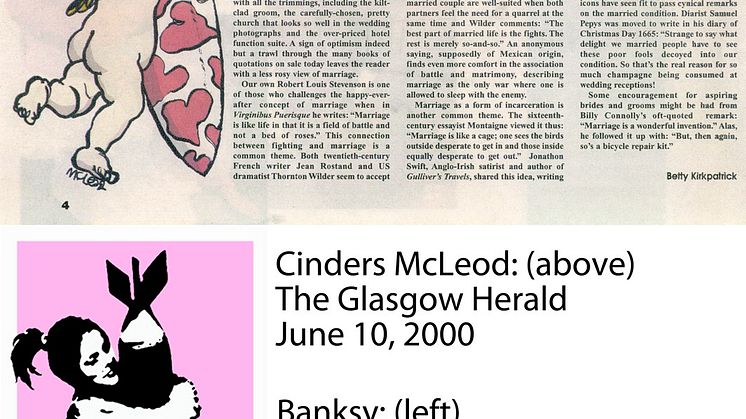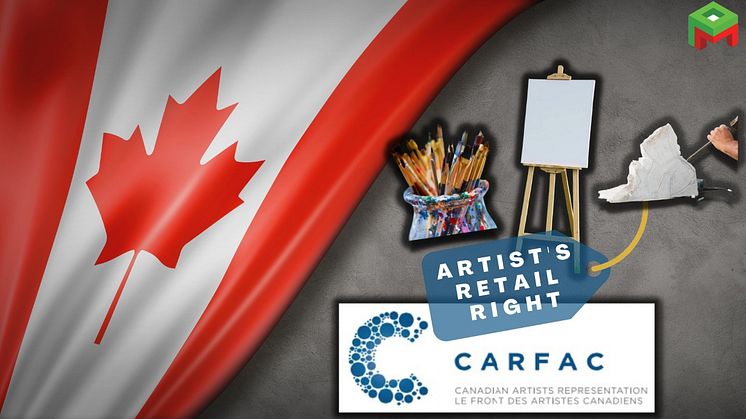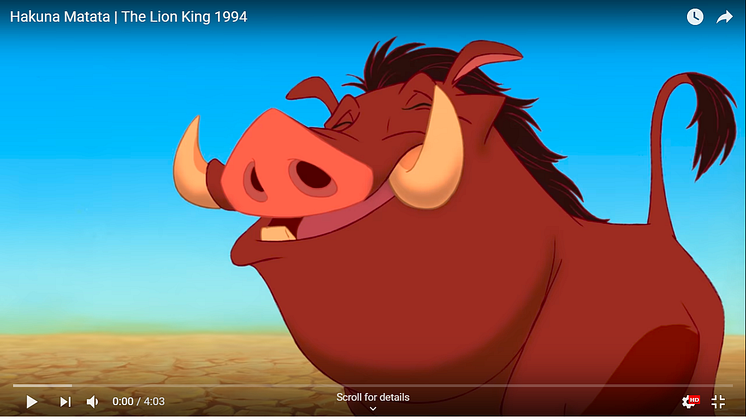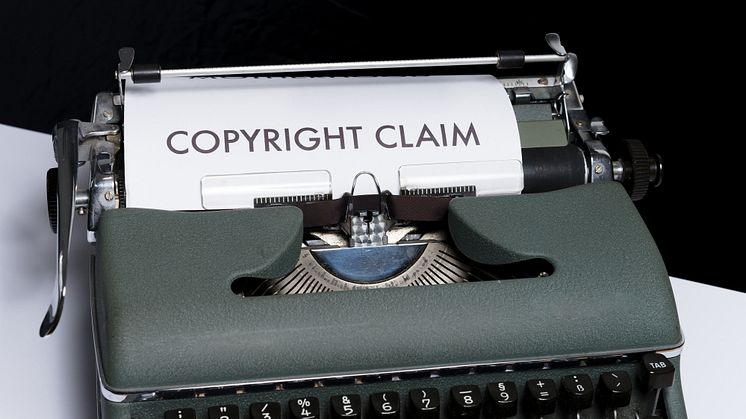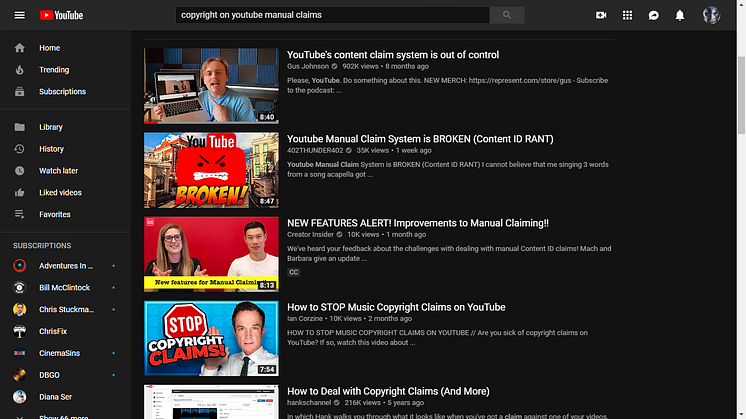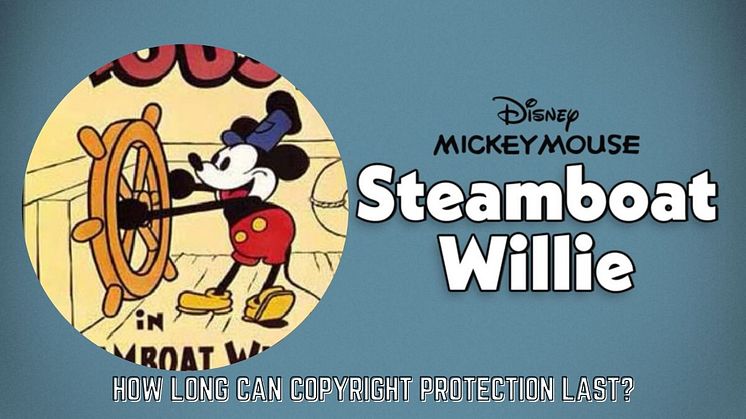
News -
Bill introduced to strip Disney of its copyright protection for Mickey Mouse may bring into question US’ global commitments to its IPR treaties
US Senator Josh Hawley has introduced the Copyright Clause Restoration Act, a new bill to strip corporations like Disney of special copyright protections. His bill would limit new copyright protections to 56 years and make the change retroactive for massive corporations like Disney that have been granted long copyright monopolies.
The action comes after Florida lawmakers deprived Disney of special self-government privileges that allowed it to run its huge theme park complex independently.
The argument began when Disney opposed the Parental Rights in Education Act, which prohibits discussion of gender identity or sexual orientation in grades K-3 and empowers parents to sue school districts if they believe a violation has occurred.
Senator Hawley said: “The age of Republican handouts to Big Business is over. Thanks to special copyright protections from Congress, woke corporations like Disney have earned billions while increasingly pandering to woke activists. It’s time to take away Disney’s special privileges and open up a new era of creativity and innovation.”
Under Congress’s current deal, companies like Disney have been granted certain copyright protections for up to 120 years, which is well beyond the original maximum of 28 years.
Before the Copyright act of 1976, Disney persuaded Congress to extend protections beyond the initial 56 years to 75 years. Then, in 1998, the company succeeded to extend the protection of copyrights to 95 years.
If the bill is passed, the Mickey Mouse character, as it appeared in Steamboat Willie, will be released into the public domain in 2024, with other versions of the character following a few years later.
But Hawley doesn’t want to stop here. He also intends to roll back copyright protection to the original provisions of the Copyright Act of 1909, which allowed 28 years of protection, plus an additional 28 years with an extension.
The bill aims to prevent copyright monopolies from lasting longer than necessary to foster innovation.
Many Republican lawmakers won’t support an extension of copyright protections for Disney if a bill is introduced. In a letter to chief executive Bob Chapek, Jim Banks criticized the company for ceding “to far-left activists through hypocritical, woke corporate actions” with its opposition to the Parental Rights in Education Act.
“Given Disney’s continued work with a Communist Chinese regime that does not respect human rights or U.S. intellectual property and given your desire to influence young children with sexual material inappropriate for their age, I will not support further extensions applicable to your copyrights, which should become public domain,” Banks said.
Disney is yet to share its thoughts on the bill.
PitchMark’s legal Advisor Frank Rittman has shared his opinion below on the repercussions of the bill and whether it will make it to vote.
This bill doesn’t have much chance of moving forward and there are a number of reasons why not.
Simply stripping away the current term of protection for certain existing works in the manner he’s proposed constitutes an unlawful taking of property for the public good without compensation and is, on its face, a clear and unquestionable violation of the 5th and 14th amendments. I’m fairly sure they teach that at Yale Law School, but maybe he wasn’t in class that day.
His remarks about “Disney’s special privileges” are bewildering since they merely enjoy the same levels of copyright protection that everyone else does under the law; one wonders what the Senator thinks Disney gets that any other creator doesn’t. Yet his bill clearly targets them, specifically, for retrospective effect through the convoluted machinations he’s built into it for copyrights owned “by a person that…has a market capitalization of more than $150,000,000,000; and is classified under North American Industry Classification System code 5121 or 71; or engages in substantial activities for which a code described in subclause (I) could be assigned.” That’s as clear as mud for most people’s understanding, but it would also rope in a few other entertainment companies such as Comcast, Apple, and Amazon.
Going forward, the bill would seek to roll back levels of protection for new works created by anyone to those provided under the 1909 Act, adversely affecting an estimated 5 million Americans whose livelihoods are based on copyright protection, as well as the roughly USD 1.5 trillion contribution to the country’s economy. It’s political suicide to effectively alienate oneself from the entire American creative community.
The bill would also violate the United States’ international commitments to its IPR treaties and trade agreements, guaranteeing immediate legal retaliation isolating America from its trading partners and casting aspersions on its credibility.
This bill is simply partisan grandstanding in response to an entirely separate and unrelated issue having nothing whatsoever to do with copyright and barely deserves the dignity of a response.
PitchMark helps innovators deter idea theft, so that third-parties that they share their idea with get the idea but don’t take it. Visit PitchMark.net and register for free as a PitchMark member today.

